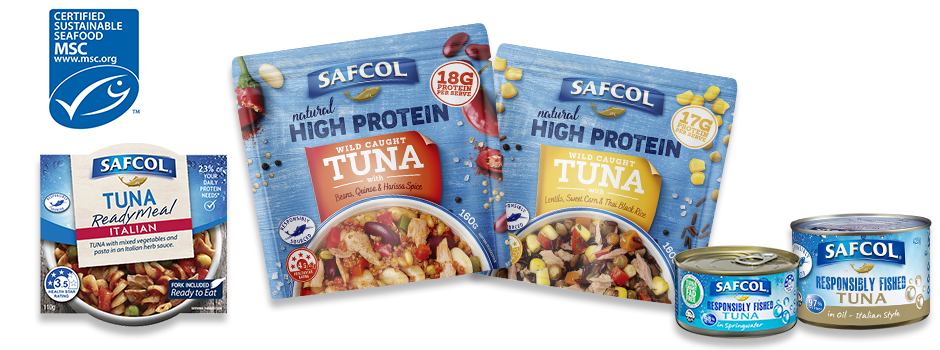Vitamin B6 For Better Mental Health
Posted on : May 4, 2023
by Ashleigh Feltham Accredited Practising Dietitian and Accredited Nutritionist
Vitamin B6 For Better Mental Health
It is estimated that around three million Australians are suffering from anxiety and/or depression every year. Anxiety and depression are conditions that can be managed in many different ways. One of these strategies is diet. A new study provides insight into the potential influence vitamin B6 may have in helping to reduce symptoms of anxiety.
Vitamin B6, also called pyridoxine, is made up of six different compounds. These compounds are pyridoxine hydrochloride, pyridoxine, pyridoxal, pyridoxamine, pyridoxal-5-phosphate and 4-pyridoxic acid.
Vitamin B6 makes energy from the macronutrients, carbohydrate and protein. B6 assists in making the building blocks of protein, called amino acids. This vitamin also helps to make haemoglobin, which carries iron and oxygen around the body. Now there is another reason to meet the recommended daily intake of vitamin B6; new research suggests it may help to reduce symptoms of anxiety and depression.
Researchers used 478 participants with diagnosed anxiety and/or depression. The study was double blind with a high dose supplement of 100mg of B6 as pyroxidine hydrochloride, 1,000mcg of B12 as methylcobalmin or a placebo. The supplements were taken for one month.
After the month of supplementation, participants who took the vitamin B6 supplement reported a reduction in symptoms of anxiety and depression. Also, there was an increase in surround suppression of visual contrast detection, a significant indicator in mental disorders. Participants who took vitamin B12 trended towards a reduction in anxiety and depression symptoms. However, these were not statistically significant.
There are many roles vitamin B6 may play in helping to reduce symptoms of anxiety and depression. Your brain requires a careful balance of messages that either excite or calm the brain. When this is out of balance, it can influence the risk of developing anxiety and depression. Vitamin B6 affects the processing of gamma-aminobutyric acid (GABA). GABA is a neurotransmitter or a chemical messenger that helps the central nervous system to relax. This may help to bring the excitation and relaxation messages within your brain back into a more balanced state, thereby reducing symptoms of anxiety and depression.
The amount taken in this study is not recommended unless under the guidance of a health professional. The recommended daily intake of vitamin B6 for adults aged 18 to 50 is 1.3mg a day. For women aged over 50, the recommended daily intake increases to 1.5mg and for men over 50, 1.7mg a day.
Vitamin B6 is present in many different foods. This includes poultry, beef, eggs, sweet potato, tofu, bananas, cow’s milk, avocado, fortified cereals, and chickpeas. Seafood is an excellent source of vitamin B6. There is 0.4mg of B6 in 100g of canned tuna, 0.18mg of B6 in 100g canned pink salmon and 0.2mg in 100g of canned red salmon. In 100g of canned sardines, there is 0.3mg of B6.
The recommended intake of seafood is 100g each week for good health. Opt for ethically sourced seafood to look after both your body and the environment.
Take home message
Vitamin B6 can help reduce symptoms of anxiety and depression. Check that you have structured your diet to include adequate amounts of this vitamin to help increase your mental health and quality of life.

References:
- Field DT, Cracknell RO, Eastwood JR, Scarfe P, Williams CM, Zheng Y, Tavassoli T. High-dose Vitamin B6 supplementation reduces anxiety and strengthens visual surround suppression. Hum Psychopharmacol. 2022 Jul 19:e2852. doi: 10.1002/hup.2852. Epub ahead of print. PMID: 35851507.
- Vitamin B6. Nutrient Reference Values for Australian and New Zealand. Australian Government National Health and Medical Research Council.
- Australian Food Composition Database. Food Standards Australia New Zealand.
- National Study of Mental Health and Wellbeing. Australian Bureau of Statistics. https://www.abs.gov.au/statistics/health/mental-health/national-study-mental-health-and-wellbeing/latest-release
- Stach K, Stach W, Augoff K. Vitamin B6 in Health and Disease. Nutrients. 2021 Sep 17;13(9):3229. doi: 10.3390/nu13093229. PMID: 34579110; PMCID: PMC8467949.
- Learn About Mental Health. Beyond Blue.





